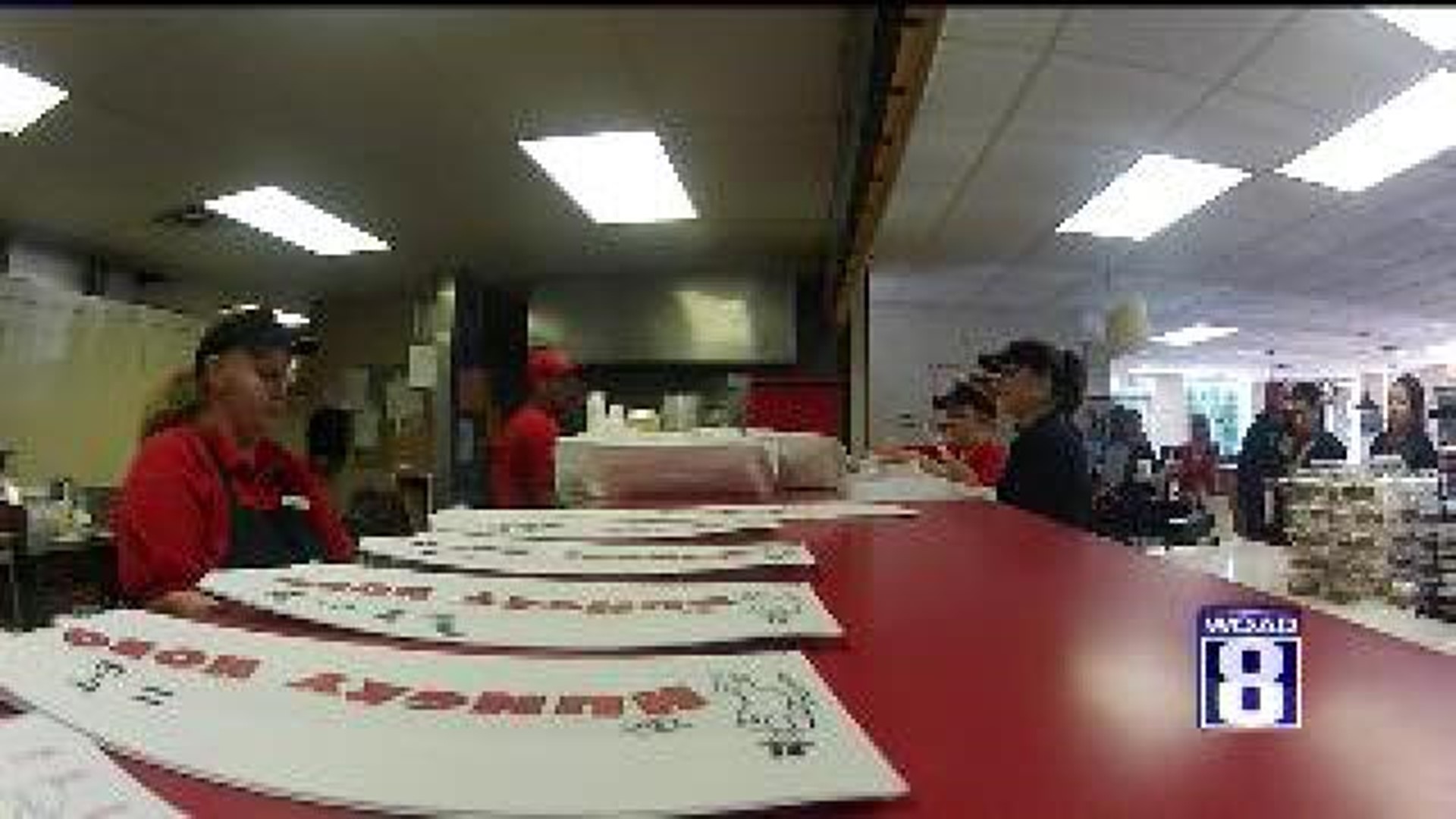Restaurants are starting to see how the Affordable Care Act will impact their bottom line, employees, and customers.
The law requires any employer who has 50 or more full-time employees to offer insurance to those workers or face penalties. Many locally-owned restaurants, like Hungry Hobo, are just over that margin and are having to make some costly choices before the Affordable Care Act is fully implemented on January 1st, 2014.
"Affordable may be a little misleading in that I don’t know that it’s done a whole lot to address the cost side of the equation," says Pryce Boeye, Owner of Hungry Hobo. "It’s certainly trying to do something to address access, but costs seem to continue to be going up, which is unfortunate. As far as the 'affordable' piece goes... supposedly affordable to the employee maybe not so much to the employer.”
Boeye says if he follows the law, the number of employees he'll need to offer insurance to will triple, which could slow down his busy business.
"When you combine this with things like increased minimum wage, the rising cost of unemployment, and workers compensation insurance... it makes it very difficult for a company to continue to grow and ultimately that’s what we want to have happen with all of our businesses."
Hungry Hobo is not the only restaurant that is re-thinking its business model. Papa John's, Jimmy John's, Darden - which owns Olive Garden and Red Lobster - and Denny's have all said that they may need to shrink their full-time workforce, grow their part-time workforce, increase menu prices, or add a surcharge onto bills just to keep their doors open.
Dan Connors, President of the Mississippi Valley Restaurant Association, says there could be a lot of changes because restaurants are already working on thin margins.
"You've got food costs, labor costs, your building insurance, heat, light, and power," says Connors.
He believes locally-owned restaurants like Hungry Hobo will try to keep those costs from impacting the customer, but it may mean that the people the law is trying to help are the ones who end up getting cut.
"It`s going to be tough," says Connors. "They're going to make some hard choices."
"It's what we're calling unintended consequences and we really hope that everybody thinks this through before it actually is enacted in 2014," says Boeye.
Andy Butler, with Butler Insurance Serivces, is helping businesses decide how they should proceed with the Affordable Care Act. You can find more information here.

